- Home
Page 2
Page 2
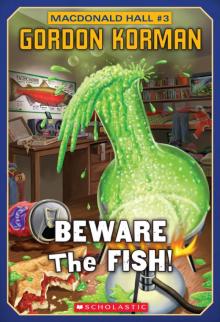 Beware the Fisj
Beware the Fisj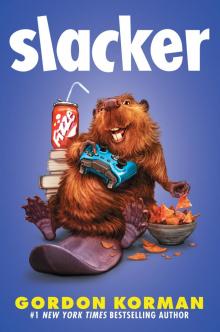 Slacker
Slacker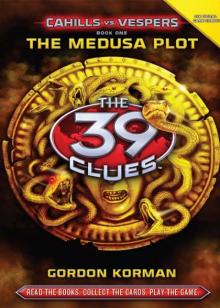 The Medusa Plot
The Medusa Plot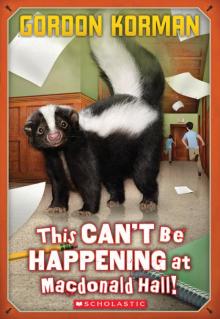 This Can't Be Happening at MacDonald Hall!
This Can't Be Happening at MacDonald Hall!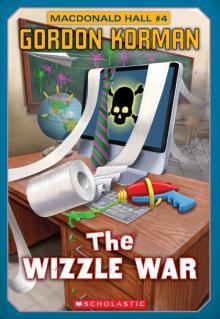 The War With Mr. Wizzle
The War With Mr. Wizzle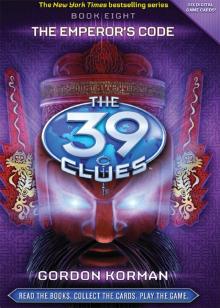 The Emperor's Code
The Emperor's Code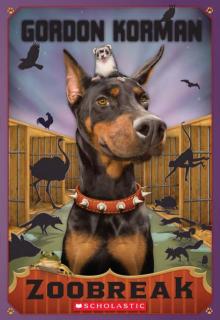 Zoobreak
Zoobreak The Danger
The Danger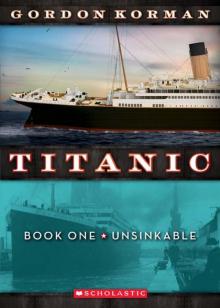 Unsinkable
Unsinkable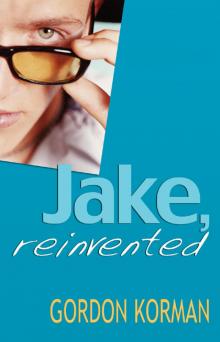 Jake, Reinvented
Jake, Reinvented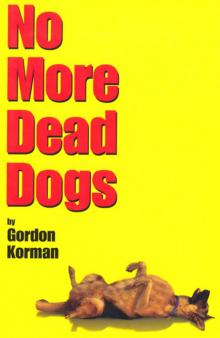 No More Dead Dogs
No More Dead Dogs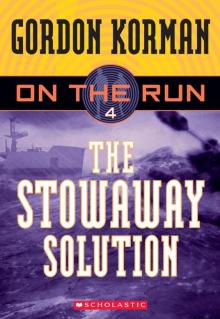 The Stowaway Solution
The Stowaway Solution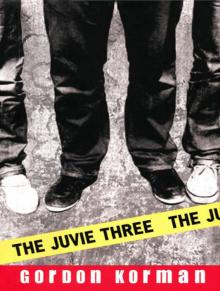 The Juvie Three
The Juvie Three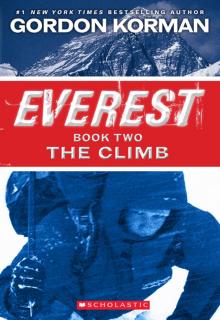 The Climb
The Climb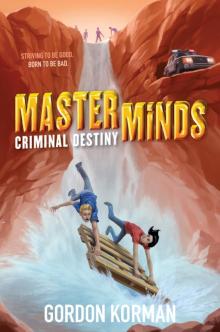 Criminal Destiny
Criminal Destiny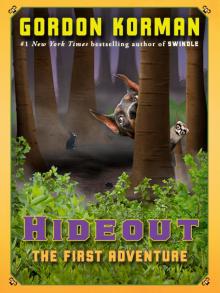 Hideout: The First Adventure
Hideout: The First Adventure Flashpoint
Flashpoint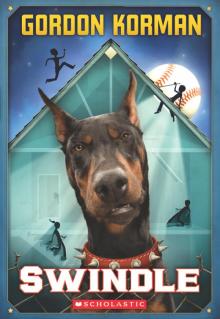 Swindle
Swindle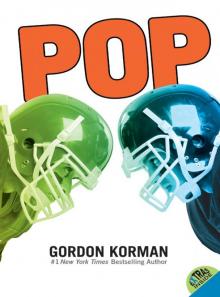 Pop
Pop The Rescue
The Rescue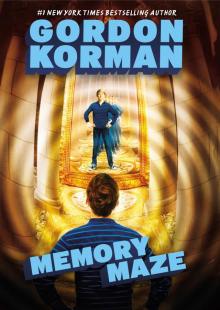 Memory Maze
Memory Maze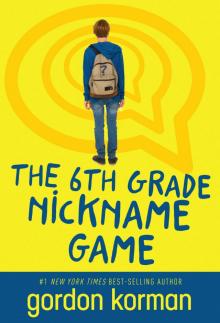 The Sixth Grade Nickname Game
The Sixth Grade Nickname Game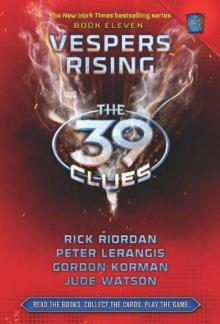 Vespers Rising
Vespers Rising Collision Course
Collision Course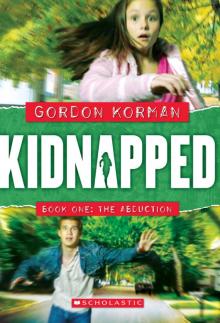 The Abduction
The Abduction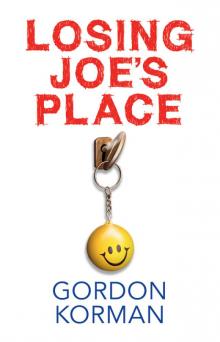 Losing Joe's Place
Losing Joe's Place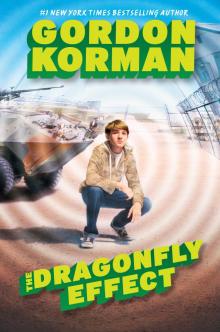 The Dragonfly Effect
The Dragonfly Effect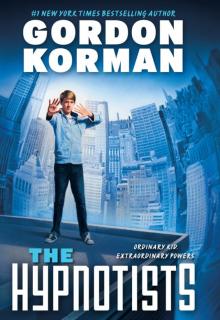 The Hypnotists
The Hypnotists Survival
Survival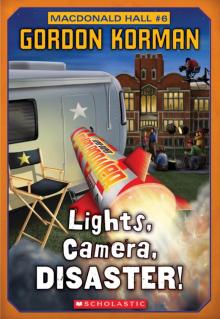 Lights, Camera, DISASTER!
Lights, Camera, DISASTER! Payback
Payback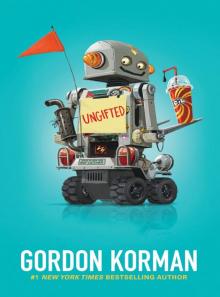 Ungifted
Ungifted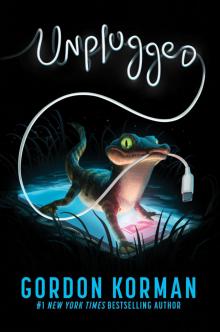 Unplugged
Unplugged Framed
Framed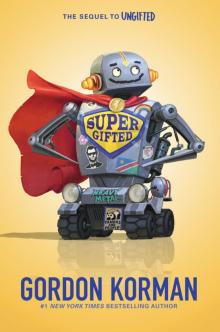 Supergifted
Supergifted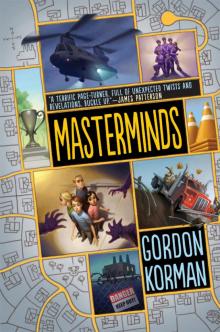 Masterminds
Masterminds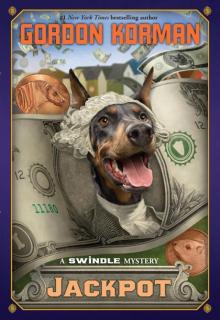 Jackpot
Jackpot Don't Care High
Don't Care High The Deep
The Deep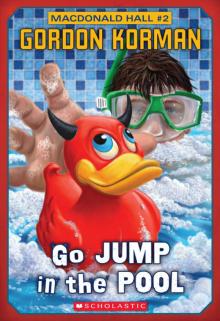 Go Jump in the Pool!
Go Jump in the Pool!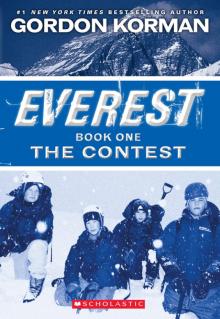 The Contest
The Contest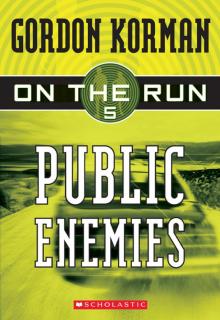 Public Enemies
Public Enemies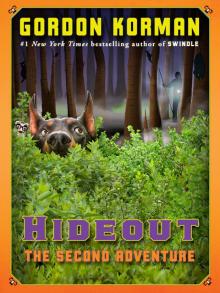 Hideout: The Second Adventure
Hideout: The Second Adventure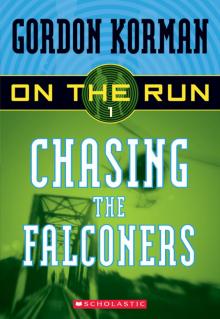 Chasing the Falconers
Chasing the Falconers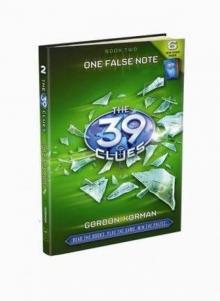 One False Note
One False Note Shipwreck
Shipwreck Jingle
Jingle Unleashed
Unleashed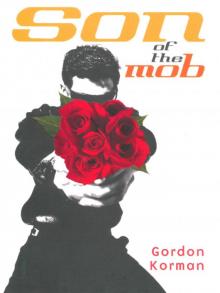 Son of the Mob
Son of the Mob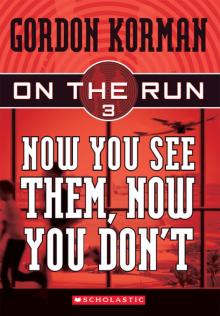 Now You See Them, Now You Don't
Now You See Them, Now You Don't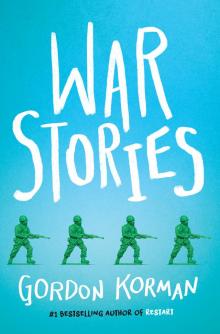 War Stories
War Stories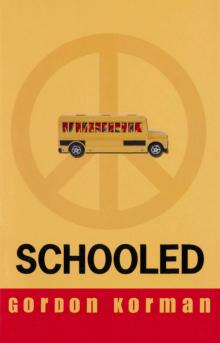 Schooled
Schooled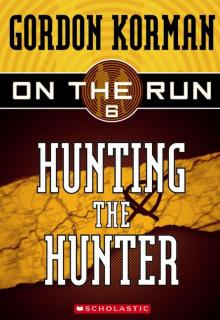 Hunting the Hunter
Hunting the Hunter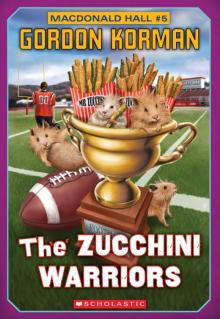 The Zucchini Warriors
The Zucchini Warriors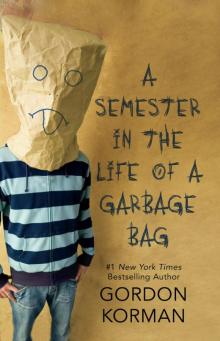 A Semester in the Life of a Garbage Bag
A Semester in the Life of a Garbage Bag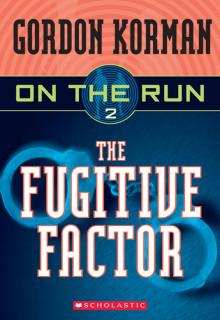 The Fugitive Factor
The Fugitive Factor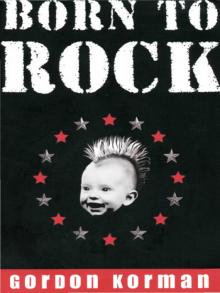 Born to Rock
Born to Rock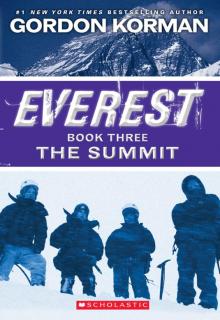 The Summit
The Summit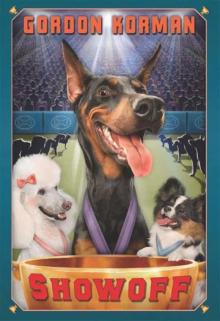 Showoff
Showoff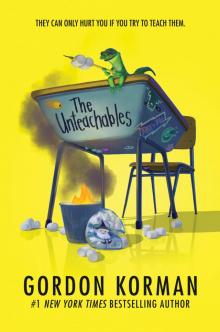 The Unteachables
The Unteachables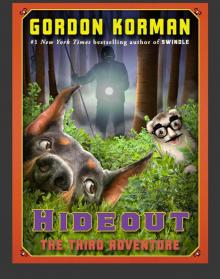 The Third Adventure
The Third Adventure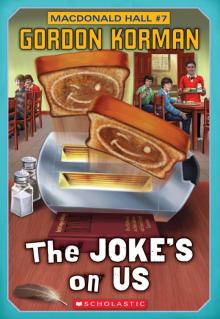 The Joke's on Us
The Joke's on Us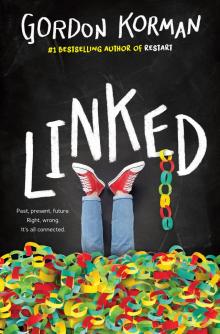 Linked
Linked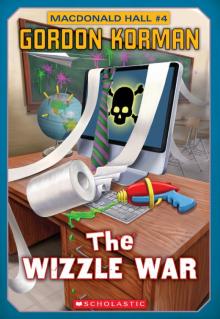 The Wizzle War
The Wizzle War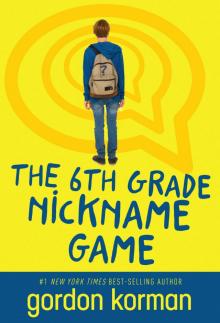 The 6th Grade Nickname Game
The 6th Grade Nickname Game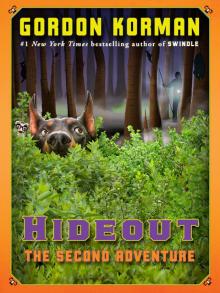 The Second Adventure
The Second Adventure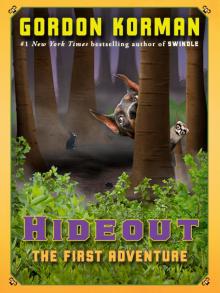 The First Adventure
The First Adventure![39 Clues : Cahills vs. Vespers [01] The Medusa Plot Read online](http://i1.bookreadfree.com/i2/04/10/39_clues_cahills_vs_vespers_01_the_medusa_plot_preview.jpg) 39 Clues : Cahills vs. Vespers [01] The Medusa Plot
39 Clues : Cahills vs. Vespers [01] The Medusa Plot